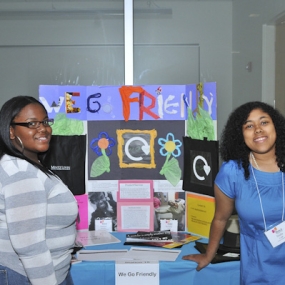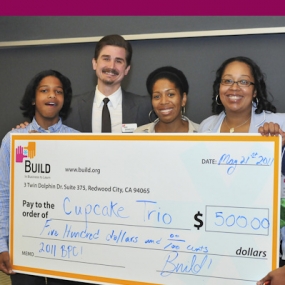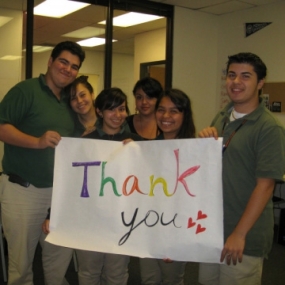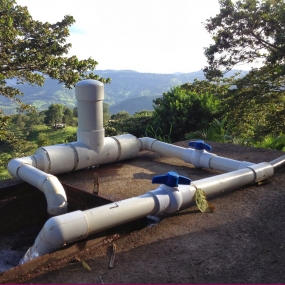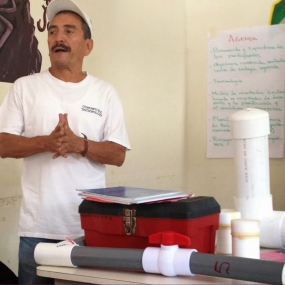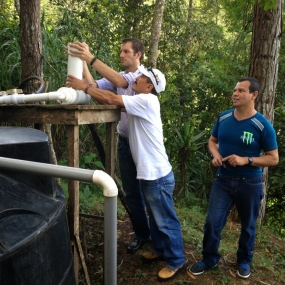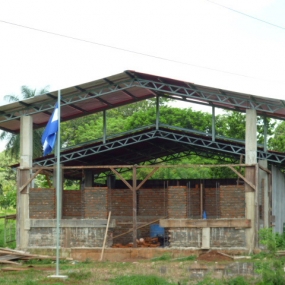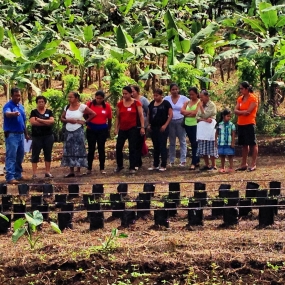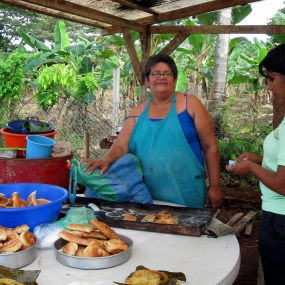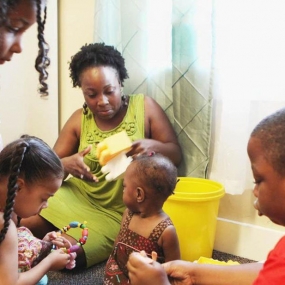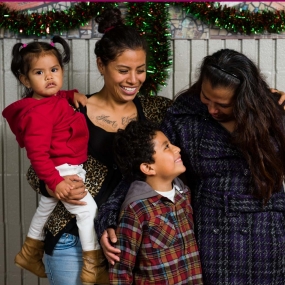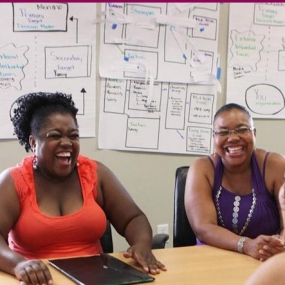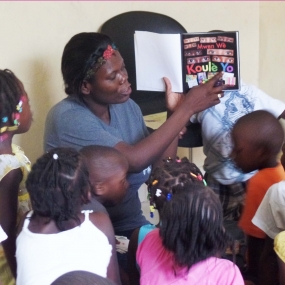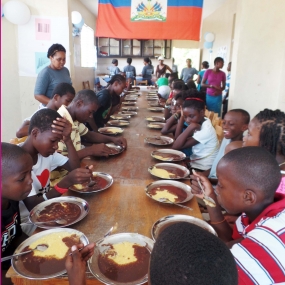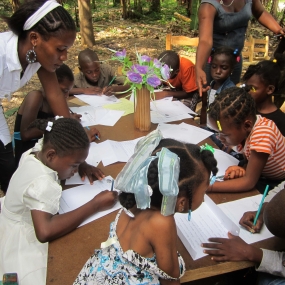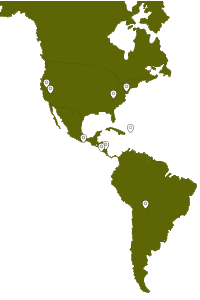
In nine cycles of grant-making, Project Redwood has funded nine western hemisphere non-profits. Even in developed countries, modest grants of $25,000 or so can achieve big results.
Project Redwood grants in the Americas have:
Supported enterpreneurship programs for at-risk high school students in Oakland, California. Project Redwood’s $95,000 funding during BUILD’s formative years (2008 – 2011) helped establish and grow its four-year program that partners with schools to engage kids otherwise unlikely to graduate. Now, BUILD has leveraged their early successes to expand to five cities, serving inner city kids in 23 partner schools. 98% of BUILD students graduate on time, and 98% of those are accepted to at least one post secondary opportunity.
Helped to site, erect, and convey a manufactured home in Kentucky. Project Redwood’s $18,000 covered construction costs and reduced financing costs of a quality, energy efficient home for an Appalachian family. Grantee Frontier Housing was also able to use the structure as a demonstration model for funders and other organizations, which subsequently facilitated financing for additional units, and stimulated productive non-profit partnerships.
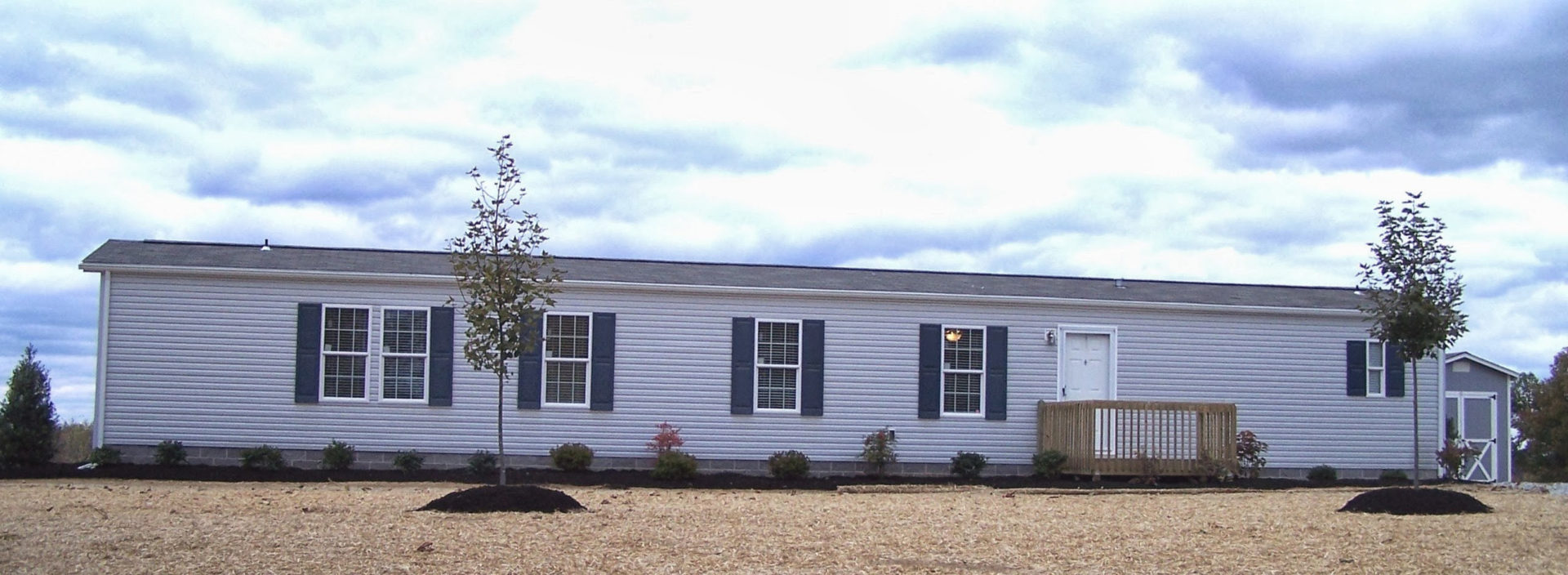
Provided clean water in Nicaragua. Thanks in part to close initial oversight by Project Redwood partner Jorge Fernandez, Compatible Technologies International was able to effective use $130,000 over the course of six years to deploy chlorinators across rural Nicaragua. More than 400 inexpensive, uncomplicated, low-maintenance chlorinators now serve nearly 300,000 Nicaraguans.
Trained women in farm methods and entrepreneurial skills in Nicaragua. Self Help International used Project Redwood’s 2012 grant of $25,000 to build a training and food processing facility; 25 farmers received training in the inaugural program. Our 2013 grant funded training and small business loans for 35 women and 100 of their older children.
Supported collaboration and information sharing among cohorts of low-income families in Fresno, California. Family Independence Initiative provides the infrastructure that enables the working poor and others living in poverty to lead their own change. Their data management platform helps needy families track progress and document and share their successes. Formalized groups of families advise and support each other. Project Redwood’s $25,000 grant funded staffing for a year of support to several cohorts of families.
Provided tuition, tutoring, and nutritional support to children in Haiti. $70,000 over three years allowed Haitian Educational Initiatives to send 35 elementary school-aged children to school in a country with almost no fee-free public schools; fewer than 30% of Haitian children reach the 6th grade. Project Redwood funding also supported after school tutoring and feeding programs, and summer enrichment camps.
Funded training for Nurse’s Assistants in Bolivia. In 2016, Hope worldwide Bolivia formulated a program to impart marketable skills to at-risk youth in La Paz slums. Project Redwood’s $25,000 grant allowed five parentless young adults to enroll in a pilot of the program.
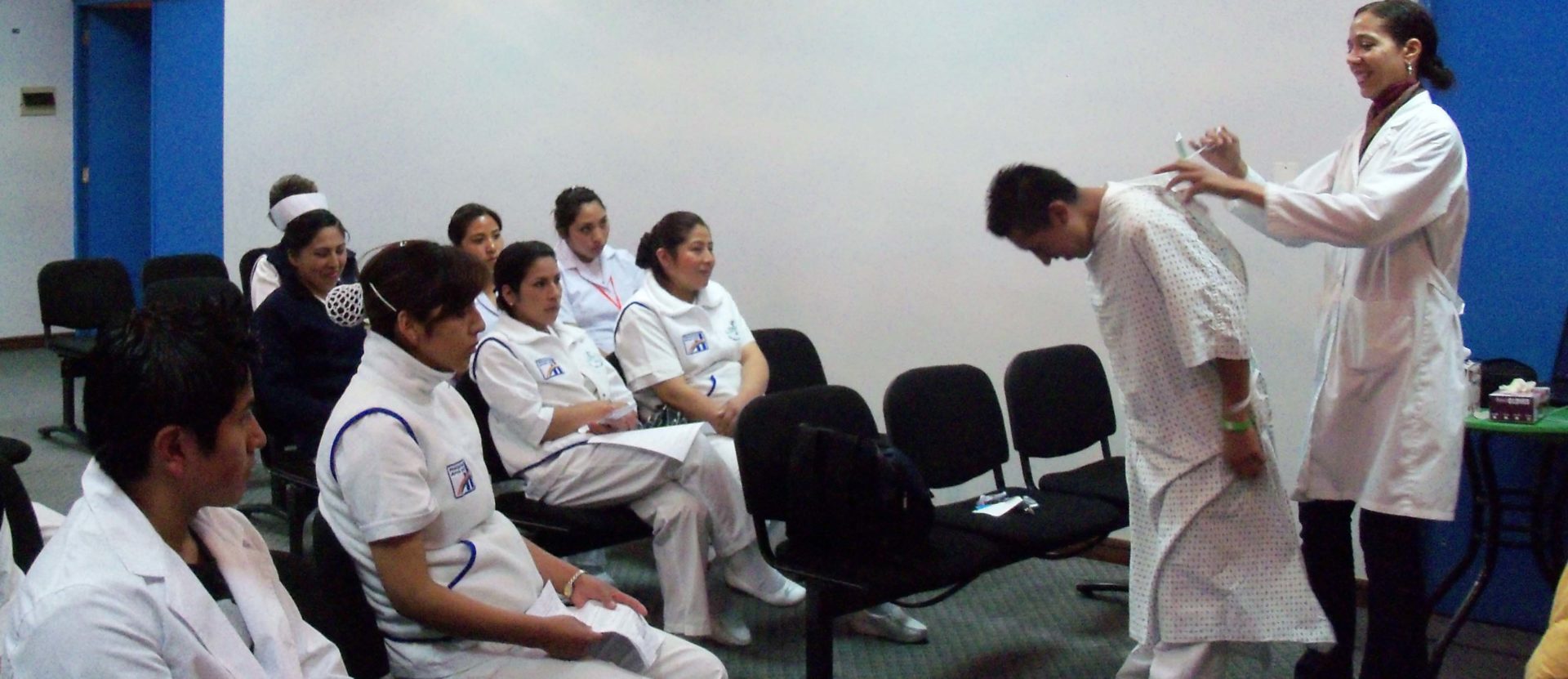
Provided training and mentoring to at-risk high school students in Brooklyn and Manhattan. An initial grant allowed Cristo Rey New York High School to provide intense remedial support to low performing students. A subsequent grant funded job-critical micro-computer applications training for 500 students.
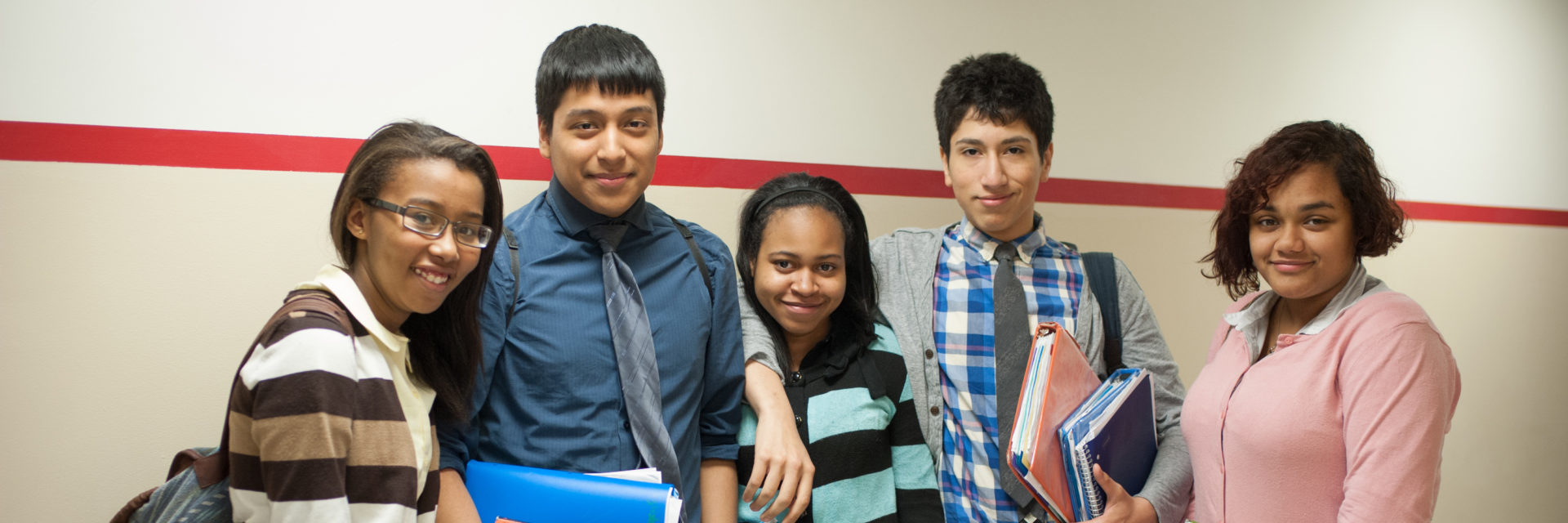
Eradicated roundworm in Oaxaca, Mexico. Project Redwood funding allowed Simply Smiles to purchase medication to cure 3,000 of roundworm, and to build sanitary latrines and hand-washing stations to prevent recurrences.
May 2016 Medical Clinic, Oaxaca, Mexico from Simply Smiles on Vimeo.
